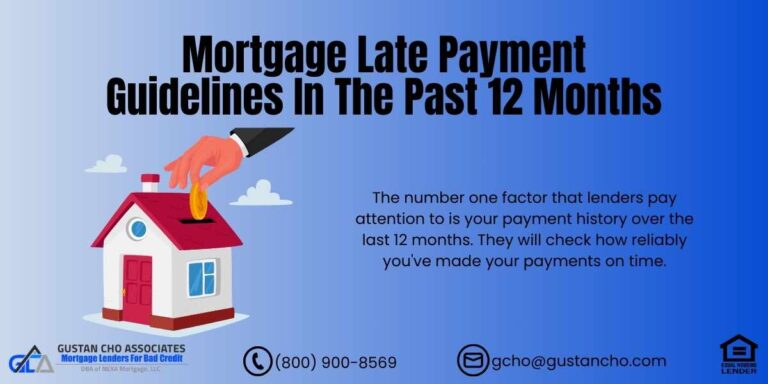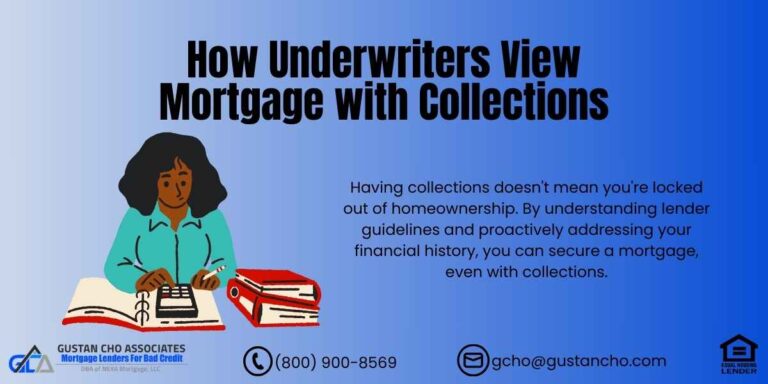How Can I Avoid Paying Closing Costs?
Mortgage closing costs are a fact of life, but you don’t always have to pay them. You have three options to avoid paying closing costs out of pocket:
- Ask the seller to cover closing costs.
- Get closing-cost assistance from government agencies or charitable organizations.
- Choose a no-cost mortgage.
One or more of these options will probably work for you.
How Can I Avoid Paying Closing Costs?
What Are Closing Costs?
Closing costs are an assortment of charges for services related to real estate transactions. They typically run about 2% to 5% of the home purchase price. There are three main types:
- Lender closing costs
- Other closing costs
- Prepaid items
Closing costs include everything charged by your lender, home appraiser, title company, and other third parties. The down payment is not a closing cost.
Lender closing costs
Lender closing costs most commonly include these items:
- Origination fee or broker fee (0-1% of the loan amount) – This is a negotiable fee that the lender or broker charges to process, underwrite, and fund your loan. Usually, the lender charges separately for processing, courier, funding, and document fees, or it wraps them into a single origination fee.
- Mortgage discount points (0-2% of the loan amount) – These are optional fees that you can pay to reduce your interest rate.
- Processing and/or underwriting fee ($300-$900 each) – This is a fee that covers the lender’s processing, underwriting, and funding services.
- Government loan closing costs – These can be wrapped into your loan and you don’t have to pay them out of pocket.
- FHA loan — Upfront mortgage insurance premium (1.75% of the loan amount)
- VA loan —VA funding fee (1.4% to 3.6% of the loan amount)
- USDA loan — Upfront mortgage insurance fee (1% of the loan amount)
Lenders can call these fees anything they like, even “french fries.” It doesn’t matter. All you need to do when comparing closing costs between mortgage programs is to look at the bottom line — the total.
Other closing costs
In addition to the lender charges, you’ll pay fees to other third parties for additional services:
- Title search and title insurance ($300-$2,500+) – Title insurance protects you if it turns out that you don’t have a valid title to your home. For instance, the seller might not have the right to sell the property to you due to a hidden heir to the property or an invalid foreclosure sale. Mortgage lenders require you to purchase a lender’s policy to protect their interest. You can also purchase an owner’s policy to protect your equity.
- Escrow fees ($350-$1,000+) – Escrow companies handle the money during the sale. Your earnest money, closing costs, down payment, and loan proceeds go into an escrow account. Then the escrow officer disburses money to the seller, real estate agent, lender, county, appraiser, and anyone else who provided a service. In some locations, attorneys do this work.
- Home appraisal ($500-$1,000+) – This is the fee an appraiser charges to evaluate the property and determine its value.
- Inspections ($250-$1,000+) – If your purchase agreement includes required inspections, you or the seller will have to pay for them. Common inspections are pest inspections for termite damage, general inspections for livability and safety, and specific inspections like electrical or plumbing.
Prepaid items
Prepaid items are not technically closing costs. They are not related to the mortgage or the sale but are costs of homeownership. Prepaid items include property taxes, homeowners insurance, and sometimes things like flood insurance or HOA dues.
Lenders often require six to 12 months of these costs to be paid in advance to protect their interests. They usually calculate an annual amount for these things and add 1/12th of their total to your mortgage payment. Then the lender pays your taxes and insurance for you. This is called “impounding.”
If you put at least 20% down, you may be able to request a waiver and pay your own taxes and insurance.

How to Get the Seller to Pay Your Closing Costs
The most important thing to understand about a real estate offer is that everything is negotiable. Realtors will write a contract according to custom and practice, but sometimes what’s customary is not workable for you. Don’t be afraid to ask the seller for concessions that reduce or eliminate your closing costs.
You need to keep your offer reasonable to include seller concessions. If a seller has an asking price of $350,000 and homes are going for 95% of the asking price, you could offer $332,500. But that doesn’t save you much out of pocket.
Instead, you could offer full price and ask your seller to pay closing costs of 5%. That would give you more breathing room — almost $20,000.
But the strategy can backfire if the sales price is higher than the appraised value. So make sure the sales price (including any seller concessions) is not higher than the value of the property.
Mortgage lenders will not allow you to have unlimited seller concessions, and you can’t apply them to your down payment either. Different loan programs have different limits.
- FHA loans: 6%
- USDA loans: 6%
- VA loans: 4%
- Conforming (Fannie Mae and Freddie Mac) loans: 3% to 9%, depending on down payment
- Investment properties: 2%
Other programs have their own rules about seller contributions. If that’s a factor for you, ask lenders about their policy when you call them for mortgage quotes.
Closing Cost and Down Payment Assistance
You may be able to take advantage of homeownership programs in your area that provide help with your down payment or closing costs. Most are for first-time buyers only. Some require you to complete a homeowner education program, and most also have income limits. But those limits can be surprisingly generous.
The average down payment assistance (DPA) grant is just under $18,000 in the US.
It’s free money, so why not chase it? Just search online for “down payment assistance” in (your state) and see what’s available. Or contact a local homeownership assistance agency in your area. HUD’s State pages have links to counseling services that can help you find DPA. And if you get help with your down payment, you’ll have more money available for closing costs.

“No Cost” Mortgages
Your lender can also help you with closing costs. If you’re refinancing and you have enough home equity, you can simply roll your closing costs into your new loan balance. That’s called a “limited cash-out refinance.”
The other method is the so-called “no-cost home loan.” The lender offers you a loan with a higher interest rate. This increases the lender’s profit on the loan and allows it to use the extra amount to cover your closing costs.
Not all lenders are able to cover all costs, but they can almost always cover the lender closing costs, and sometimes the third-party costs as well. Occasionally, you can get a rate that covers the prepaid items.
Ask an Expert
If you have cash-flow problems when buying a home, your lender and real estate agent can probably work on your behalf to lower or eliminate your closing costs. Let them know what your concerns are. At Gustan Cho Associates, we work with many cash-challenged buyers and pull off these transactions all day long.
Call us at 800-900-8569 or text us for a faster response. Or email us at gcho@gustancho.com. The team at Gustan Cho Associates is available 7 days a week, evenings, weekends, and holidays.







